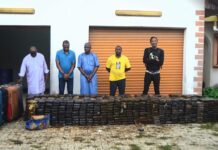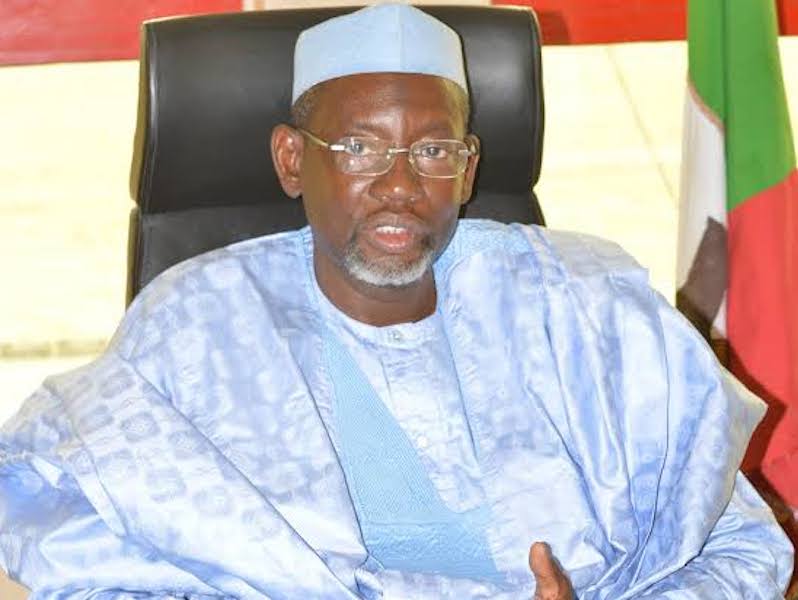#TrackNigeria Federal Government says World Bank will invest 350 million dollars to support the Partnership of Expanded Water, Sanitation and Hygiene (PEWASH) programme in Nigeria.
Mr Suleiman Adamu, the Minister of Water Resources said this at the National Stakeholders’ Consultation workshop on Nigeria Rural WASH Project on Thursday in Abuja.
“The World Bank has graciously considered our request and preparing a project in support of the PEWASH programme in the country.
“This is with an investment worth 350 million dollars to deliver sustainable and safe water and sanitation to millions of Nigerians and to support our efforts to end open defecation.
“I sincerely thank the Work Bank for this effort and hope this will open the gate for more supports from our esteemed development,‘’ he said.
Adamu said that the consultation workshop was also aimed at discussing modalities for the implementation of the propose Nigeria Sustainable Rural Water Supply and Sanitation Project to be supported by the World Bank.
He said the workshop was to review and fashion out modalities necessary for the taking off and the full implementation of the project.
The minister however said that states were expected to meet certain criteria to be qualified and to be ready to receive the support of the proposed project.
He said that these criteria were not anything new, rather the same requirements were necessary for adequate preparation and smooth implementation of the project.
“Mr President during inauguration of the National Action Plan for the Revitalisation of the WASH Sector in November 2018 directed that Federal Government support to state governments would be contingent upon their willingness to implement the National Action Plan.
“State governments must therefore be ready to make both political and financial commitment that will be needed for the project being prepare with the World Bank, ’’he said.
The minister while unveiling a report on the “Nigeria Rural WASH Services Access and Sustainability Report’’ said the report provides an assessment of the current rate of WASH services in the country.
He said that the reported had evaluated some of the basic drivers underpinning rates and undertook a comprehensive review of the various modalities of WASH provision in the rural Nigeria, among others.
Adamu therefore reiterated commitment to the Clean Nigeria, Use the Toilet campaign to stop open defecation in the country by 2025.
Mr Rachid Benmessaoud, the World Bank’s representative said that low access to water supply, sanitation and hygiene services (WASH) was a major reason for this poor performance.
“Lack of WASH services has led to high infant mortality, deteriorates lifelong health and reduces educational attainment that has in turn diminished labour productivity.
“The World Bank is proud to offer continued support as you embark on implementing the National Action Plan for the Revitalisation of Nigeria’s WASH sector.
“That is why this year, at the request of your government, our team has begun preparing a new 350 million dollars lending operation in support of rural communities and small towns,’’ he said.
He said that the project seeks to increase access to water, sanitation and hygiene services and strengthen capacity for service delivery.
Benmessaoud said that with the collaboration of all in the implementation of the Action Plan, the federal, state and local governments, development partners, stakeholders, Nigeria “ can make the impossible possible’’.
Mrs Comfort Ekaro, the Permanent Secretary, Ministry of Water Resources said the workshop was to ensure participants have a common understanding on issues that would enhance the preparation and implementation of the project under consideration by the World Bank. (NAN)


